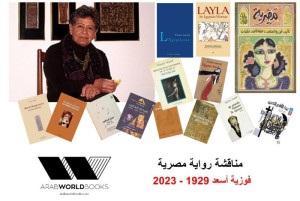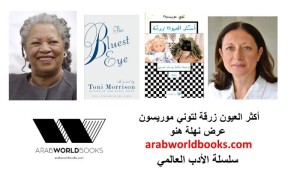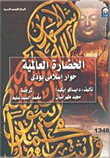Their initial meeting in 1992 began a series of dialogues and correspondences that over the course of eight years became not only an academic or philosophical exchange of worldviews and culture but, more deeply and importantly, an exchange of lasting friendship in common cause. Global Civilization bears the fruits of this ongoing dialogue between Japanese-born Buddhist leader Daisaku Ikeda of Soka Gakkai International and Iranian-born Dr. Majid Tehranian, former director of the Toda Institute for Global Peace and Policy Research.
Seeking common ground across religious traditions and civilizations, the authors share their views of the Buddhist-Islamic encounters that began in the 7th century along the Silk Road in Central Asia. The exercise brings into relief cultural similarities as well as contrasts transcendently enriched by the master works of Jala-ud-din Rumi, Mosleh al-Din Sa'adi, Shakyamuni and Nagarjuna, among others. In the experiences of daily living—the marketplaces, for example, where knowledge as well as goods were traded irrespective of politics and religion—the authors look at the implications for universal human rights, the mutual flourishing of cultures and peaceful coexistence in the contemporary world.
Neither author is stranger to the tragedies and divisiveness that befall the peoples of nations in conflict. They recount the pivotal events that shaped their hatred for war and their passion to build the resources for peace. It is “the pain and poetry of their lives,” writes David W. Chappell in his Foreword, “that transforms them into two wings for the bird of peace.”
Ikeda founded a number of institutions—among them, Toda Institute—and has held some 2,000 dialogues internationally with public figures to raise the flag of peace, culture and education. Dr. Tehranian's teaching and research focuses on the international political economy of culture, with specialization in Middle Eastern and Asia-Pacific affairs. The body of their life's work not only propose but attest to the effectiveness and continuing need of dialogue among civilizations.
Their Epilogues to the book, noting the terrorist attacks of September 11, 2001, in a way renew the question Ikeda poses in his Preface: “Are we headed [toward] uniformity imposed by a single fixed set of values, or for an uncontrolled and endless process of disintegration?” Both authors reaffirm that human security, the hallmark of global society begins with dialogue that regards life as sacred and inspires faith in humanity.
Global Civilization: A Buddhist Islamic Dialogue
By: Editor - on: Thursday 21 December 2017 - Genre: Philosophy and Religion
Upcoming Events

Joseph Conrad's Heart of Darkness Discussion
April 27, 2024
Join us for a special discussion of Joseph Conrad&...

A writer, a vision, a journey: a conversation with Francis Boyle
February 24, 2024
This event took place on 24 February 2024 Yo...

Discussion of Fawzia Assaad’s An Egyptian Woman
November 25, 2023
In celebration of the life and outstanding achieve...

Toni Morrison's The Bluest Eye, A Presentation and Discussion
October 28, 2023
This presentation and discussion of Toni Morrison&...
